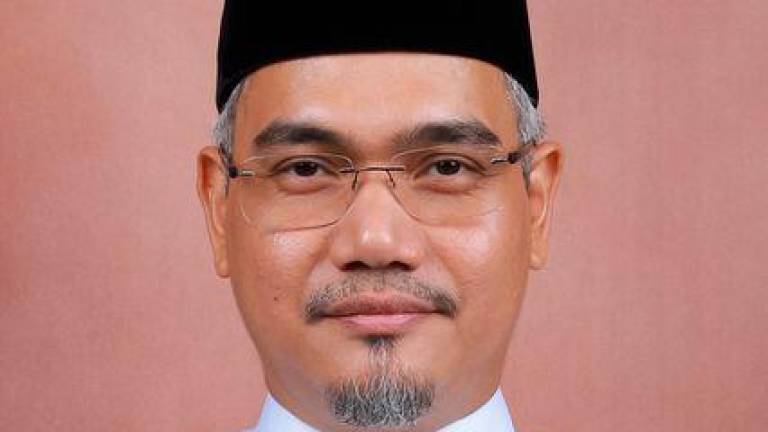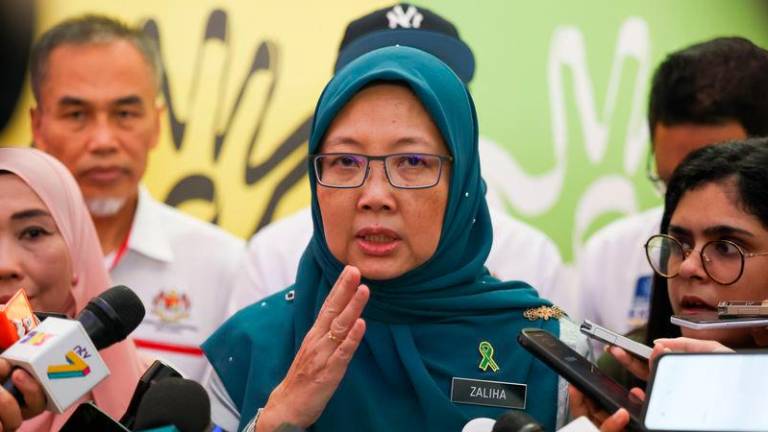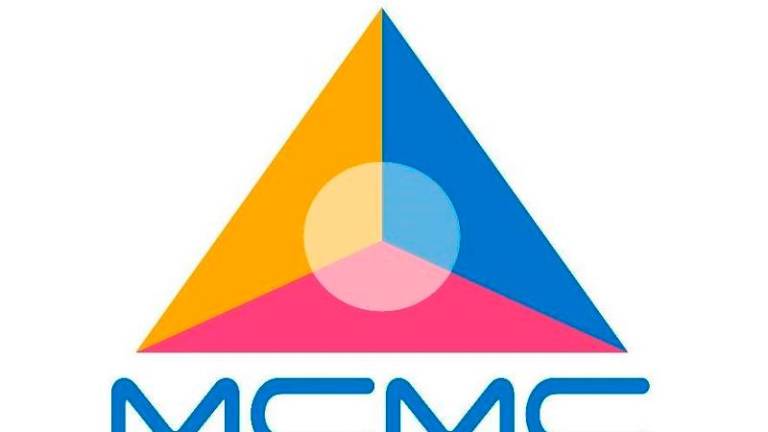KUALA LUMPUR: On May 10, the government announced that the Conditional Movement Control Order (CMCO) would be extended until June 9. Even as Malaysia enters its fifth phase of the nationwide quarantine, the urgency for SMEs to incorporate digitalisation into their business frameworks has never been greater.
According to a recent survey by the SME Association of Malaysia, only 19% of SMEs are expecting to resume their business as usual after the MCO is over. Meanwhile, 23% of SMEs are looking to downsize their businesses and a further 28% are aiming to restructure their operations. The survey also revealed that 57% of businesses have reported zero income during the MCO and 40% have seen their revenue decrease by half.
To this end, the government has partnered with several banks and financial institutions to provide SMEs with financial support via loans and grants for the purpose of digitalisation. With social distancing still in effect and people adjusting to the “new normal”, digitalisation is no longer a marketing buzzword. It is now a crucial factor for survivability. However, as many SMEs near the brink of bankruptcy, the juggling act between staying relevant and staying alive has become even more overwhelming.
“It’s a juggling act of reinventing the business to stay relevant and also importantly staying alive and sail through this major crisis,” said Sritharan Vellasamy, CEO of Wordlabs Business Network during his opening remarks at the SME Unplugged:100 Go Digital virtual event series organised by Wordlabs Business Network (WBN) and supported by Malaysia Digital Economy Corporation (MDEC).
Running over a course of six weeks, the series will facilitate knowledge-sharing sessions that will see SMEs receive valuable information and practical tips on digitalisation from notable industry leaders.
In the third instalment of the series which took place on the 12th May 2020, the webinar taught participants on how to “Know your quick-relief measures to ease cash flow and get your business up and running”.
Sritharan said SMEs are mostly concerned with how to conserve cash and stay afloat. “Cash flow is the need of the hour. Cash is king, and now more than ever, is needed for survival.”
He added: “Besides, it is vital for SMEs to separate their attention from the crisis anxiety, and re-evaluate their value propositions and business models during these testing times. So, it is vital to get timely information and also access thought leadership in this situation, hence the reasons for these virtual events.”
The first session of the webinar saw Mohd Sofian Zubir, Vice President of the Deposit & Payment sector in BSN, share on the financial support that banks and the government are offering to SMEs.
One source of support is the ‘SME Digitalisation Initiative’ grant which the Ministry of Finance is providing to help SMEs in the adoption of digitalisation in their operations.
The grant covers the five following digitalisation areas:
• Digital Marketing/ Sales
• Human Resource Payroll System (HR)/(CRM)
• Enterprise Resource Planning (ERP)/ Accounting & taxation
• Procurement
• Electronic Point of Sale System (e-Pos)
All SMEs are welcomed to apply for this grant which offers SMEs a matching grant of up to RM5,000 per company and the utilisation of up to three digital services.
“There is an urgency for SMEs to leverage technology to advance efficiency and to maintain productivity while spurring growth. SMEs who utilise advanced digital solutions are more likely to experience better customer growth, as compared to their less digitalised peers, which will lead to better revenue and employment growth. Utilising technology will also help SMEs to foster innovation and to enter new markets to spread awareness,” Sofian added.
A similar message was echoed during the panel discussion in the second session. This week’s panel comprised of Norhizam Kadir, VP of Fintech & Islamic Digital Economy in MDEC; Elain Lockman, Co-Founder & Director of ATA PLUS; Kah Meng Wong, CEO & Co-Founder of Funding Societies Malaysia; and Matthew Fernandez, COO of microLEAP. Chari TVT, a Consultant and Board member, moderated the discussion. The topic for this week was “Financing & Crowd Funding: Helping Entrepreneurs to Face Tough Times.”
During the discussion, the panelists shared their thoughts on what they believed were important factors for ensuring the sustainability of SMEs.
According to Norhizam, he believed that most of the challenges that SMEs face can be boiled down to a lack of capacity building and business know-how.
“There is always a lack of business knowledge, people don’t even know how to balance their books. Digitalisation will help with the processes, especially for Micro-SMEs. MDEC’s strategy revolves around capacity building – changing mindsets first and then equipping them with the necessary tools for sustainability. It is our goal to ensure there is an equitable distribution of knowledge for nationwide improvement. Whether it is through marketing, the digitalisation of administrative operations, or financing, we want to make the whole process of digitalisation and pivoting one’s business more holistic,” said Norhizam.
Wong agreed that businesses need to take up the opportunities that are available to them now while they have the chance.
He said, “The economic situation is obviously precarious, but also unique. It is pushing businesses to adopt digitalisation and businesses need to take this chance to become more resilient and to come out more resilient. This is the silver lining. Furthermore, going digital will help SMEs to gain more credibility for financial support as the numbers, etc. will be in order.”
As equity and funding-solutions providers, the panelists were also asked what were some of the criteria SMEs should meet in order to be more likely to secure funding.
Fernandez said when assessing the financial viability of SMEs, financiers will consider their credit scoring and that there is also alternative credit scoring as well.
According to Fernandez, “Our partners go beyond the dollars and cents and look into the willingness of the business owners. Business owners are encouraged to take psychometric evaluations on top of our regular assessments, as the results will help investors to gauge if the investment is worth the risk. Also, if businesses are already online, it removes the hassle of having to set up shop, among others.”
Lockman shared that investors want to see an SME’s ability to plan for the future. In fact, ATA PLUS requires applicants to have a three-year strategic plan in place.
“The challenge with ECF is the investment type. SMEs need to determine how they package their story and offer and how they sell it. Strategy and the entry point of investment is important. SMEs can also consider providing rewards or dividends. The exit story is also important because at the end of the day, investors want to earn money,” Lockman added.
The webinar was wrapped up with the SME Unplugged Clinic, which saw Chuang Peck Boon, First Vice President of Smart Business UOB Malaysia, present on “How to overcome the impact of COVID and to move forward as an SME.” In his presentation, Chuang explained on the various digital tools that will benefit one’s business in the long run. The benefits include lower overhead costs, reduced operational labour and improved productivity, to name a few.
In conclusion, the tools and the support for SMEs to remain sustainable have been made available and are waiting to be tapped into.
“There is no future to talk about if we don’t tackle the continuity issues of today... It is important for businesses to separate their focus from the crisis anxiety and re-evaluate their value propositions and business models,” Sritharan, sums it up well.










